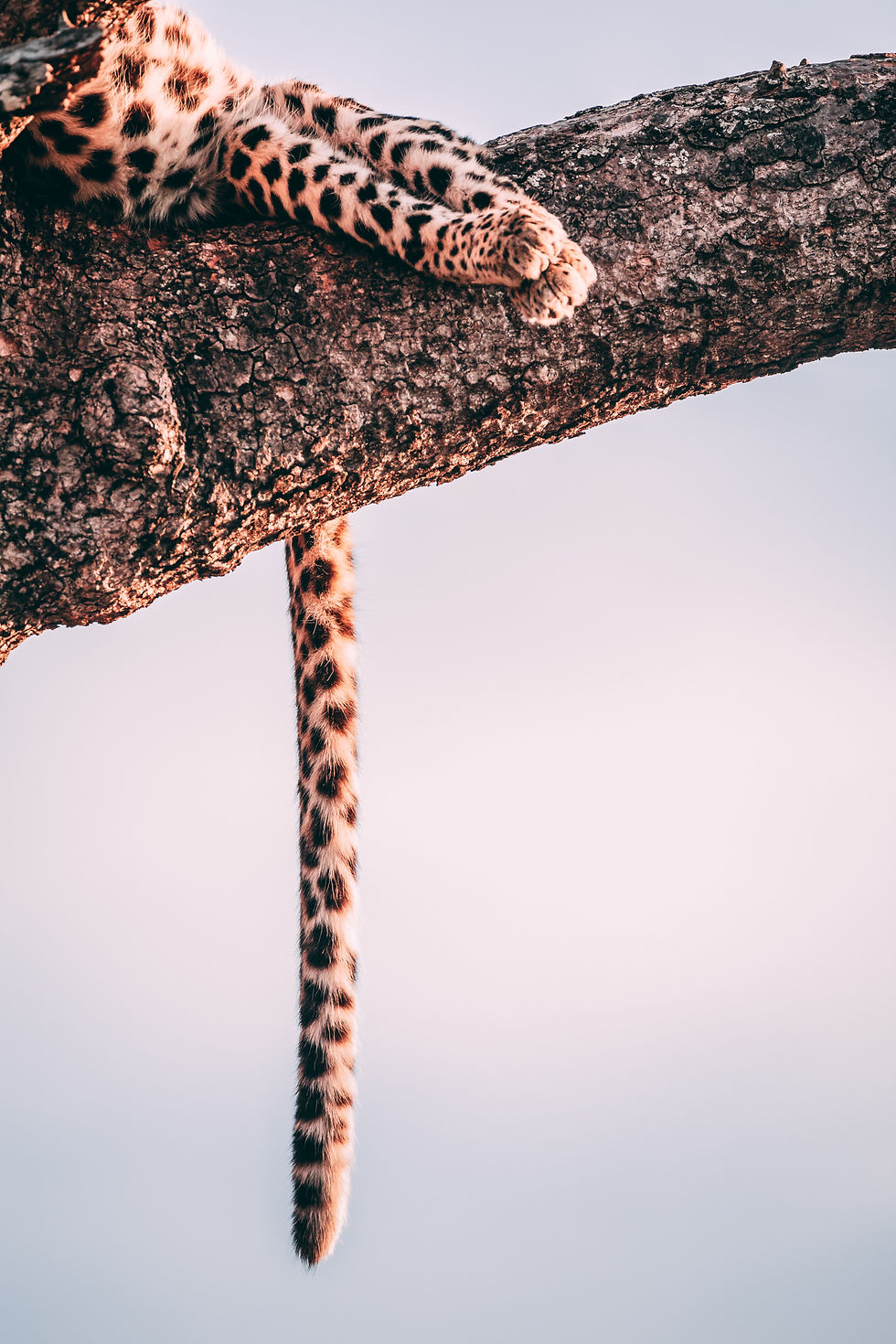Happy Endangered Species Day!
- Jennifer J

- May 15, 2020
- 3 min read

Today is Endangered Species Day. Happy Endangered Species Day!
Endangered Species Day has its roots in 1973, when the US passed the Endangered Species Act. Now, annually, Endangered Species Day falls of the third Friday of every May.
This year, Endangered Species Day falls on the 15th of May 2020.

There are several different goals that Endangered Species Day aims to achieve:
1) It is a day to celebrate the world's endangered animals
2) It is a day to raise awareness about the world's endangered animals and plants
3) It is a way to reflect on the world's endangered animals and plant species
4) It is a way for us to think about now extinct species
5) It's a way to think about the future of endangered animals and plants
These are just some of the many different goals of this day.
What Is The State Of The Planet In 2020?
In 2020, the IUCN (which is a conservation group which monitors the world's species, both plant and animal species) has assessed 166,000 species. By assessing these species, the IUCN has gathered information about species on things such as the population of particular species and the conservation status of a particular species (the conservation status of species means endangered etc). The IUCN hasn't monitored all species and they say they hope to asses 160,000 more by 2020.
Not all of the species that the IUCN have assessed are endangered. In fact, a lot fewer are endangered than you would think. However, a sizeable minority of the species that the IUCN have assessed are endangered - out of the 166, 000 species which have been assessed, there are 30,000 endangered and at risk of extinction.
Below is a picture of how the IUCN classifies species.

The endangered species are classed as either 1) CR (which means that a species is critically endangered), or 2) EN (which means that a species is endangered).
We then have species which are classified as the following 1) VU (which is the classification for species which are vulnerable to extinction), 2) NT (which are the species that a near threatened with extinction), and 3) LC (which are the species that are classified as least concerned). Therefore, the vast majority of species assessed by the IUCN so far (the 166,000 species) are either vulnerable to extinction (VU), near threatened (NT), or they are of least concern (LC).
The most endangered species in the wild are species that are critically endangered. Critically endangered species are near being extinct, or extinct in the wild.
There are species which are extinct in the wild but remain in captivity. The species which are extinct in the wild are classified as EW. An example of a species which is extinct in the wild, but remains living in captivity, is, the Northern White Rhino. There are only two single female Northern White Rhinos left in the world, both are in captivity under armed guard to prevent them from being killed by poachers - these are the last two Northern White Rhinos to exist on the planet.
The last male Northern White Rhino died in March 2018.
The Northern White Rhino could be seen as a symbol for endangered species in the 21st century. They could also be seen as an animal that could show us the future of endangered species now - in March 2018, we heard of the news 'the last male Northern White Rhino has died', if we think to the future about how this could be other endangered species 'the last male Tiger dies', how will we feel if in 10 or 20 years time that is the headline for other animals which are endangered right now. Or what about an alternative headline where we see 'the Tiger population has doubled' in 10 years time (the same could be applied to other endangered species.
Whether endangered species make it to the future will be our choice.
We can create a future either where we see species like tigers go extinct, or bounce back. While it's likely too late for species like the Northern White Rhino, it is not too late for other endangered animals. We can create a future were we save endangered species for future generations.
Happy Endangered Species Day!



Comments